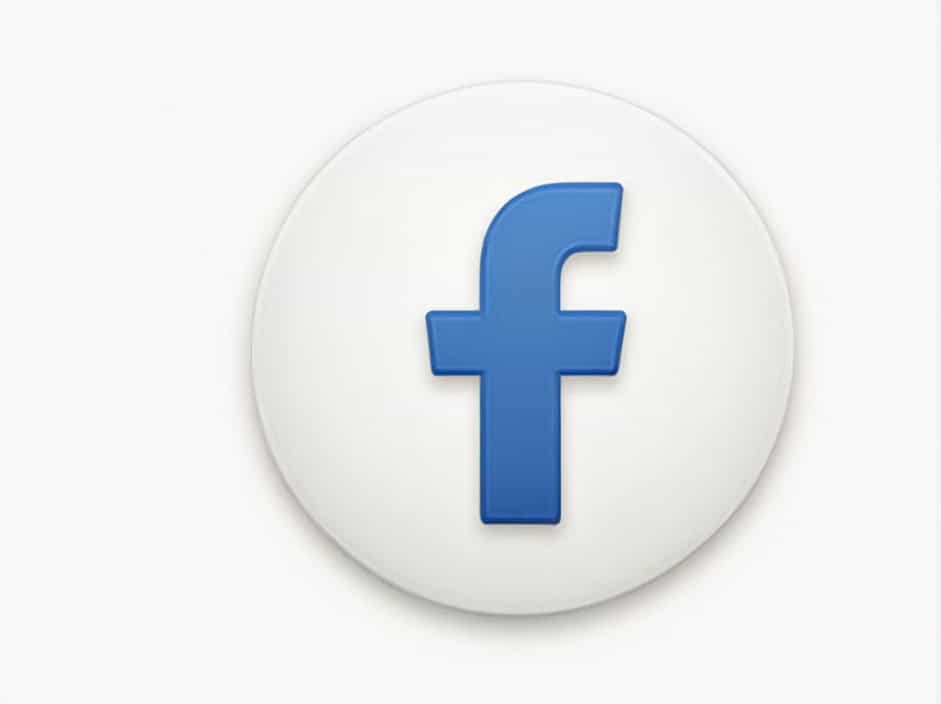Facebook has become an essential part of modern life, connecting billions of people worldwide. While it offers numerous benefits, excessive or improper use can lead to serious problems. Understanding the use and abuse of Facebook helps users maximize its advantages while avoiding potential risks.
The Positive Uses of Facebook
Facebook has transformed how people communicate, share information, and engage with the world. Below are some of its most significant benefits.
1. Connecting People Across the Globe
Facebook allows users to stay in touch with friends, family, and colleagues, regardless of geographical distance. Video calls, messaging, and group chats make communication easier than ever.
2. A Platform for Businesses and Marketing
Businesses use Facebook to advertise products, engage with customers, and build brands. Facebook Ads help companies target specific audiences, increasing sales and customer engagement.
3. Educational Benefits and Learning Opportunities
Facebook offers various learning resources through educational pages, discussion groups, and live streaming of lectures. Many students and professionals use it to exchange knowledge and improve skills.
4. Awareness and Social Change
Activists and organizations use Facebook to spread awareness about social, environmental, and political issues. It serves as a powerful tool for mobilizing people and bringing positive change.
5. Entertainment and Recreation
Users can watch videos, play games, and follow celebrities or influencers. Facebook provides a variety of entertainment options, making it a popular pastime for millions.
The Abuse of Facebook: Negative Impacts
Despite its many benefits, Facebook can be misused in several ways, leading to negative consequences.
1. Privacy Violations and Data Theft
One of the biggest concerns is privacy invasion. Many users share too much personal information, making them vulnerable to identity theft, hacking, and scams. Facebook has faced multiple controversies regarding data leaks and misuse of user information.
2. Addiction and Time Wasting
Excessive Facebook use can become addictive, leading to reduced productivity. Many people spend hours scrolling through their feeds, neglecting work, studies, or real-life relationships.
3. Cyberbullying and Online Harassment
Facebook provides a platform for cyberbullies and online harassers. Many users experience abusive comments, threats, and social exclusion, leading to mental health issues like anxiety and depression.
4. Spread of Fake News and Misinformation
Misinformation spreads quickly on Facebook, influencing public opinion, politics, and health choices. Many people believe and share false news, which can lead to social confusion and harm.
5. Negative Impact on Mental Health
Studies show that excessive Facebook use can cause low self-esteem, stress, and depression. Many people compare their lives to the edited, idealized versions presented by others, leading to feelings of inadequacy.
How to Use Facebook Responsibly
To enjoy Facebook’s benefits without falling into its traps, users should follow these best practices:
1. Set Time Limits
Avoid spending too much time on Facebook. Use tools like screen time trackers to monitor usage and limit unnecessary scrolling.
2. Adjust Privacy Settings
Regularly check and update your privacy settings to control who can see your posts and personal information.
3. Verify Information Before Sharing
Before posting or sharing any news, make sure it comes from credible sources to prevent spreading misinformation.
4. Engage in Positive and Meaningful Interactions
Use Facebook to connect with loved ones, support good causes, and engage in healthy discussions, rather than arguing or engaging in negative behavior.
5. Report and Block Harmful Content
If you encounter cyberbullying, scams, or fake news, report them immediately. Blocking harmful users helps maintain a safer online environment.
Finding the Balance
Facebook is a powerful tool that can be used for communication, business, education, and entertainment. However, its misuse can lead to addiction, privacy issues, and mental health problems. By being responsible users, people can enjoy the benefits of Facebook while avoiding its harmful effects. Finding a healthy balance between online and real-life interactions is the key to making the most of this social media platform.
